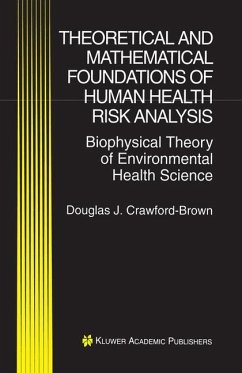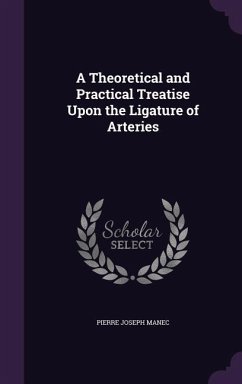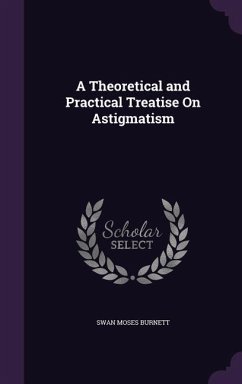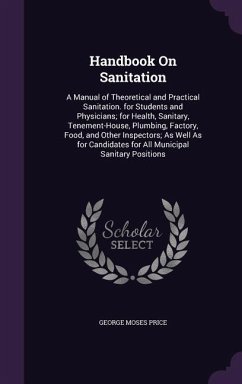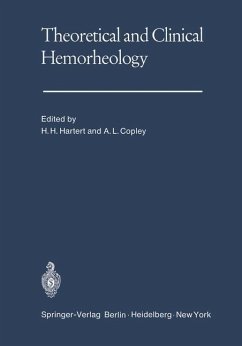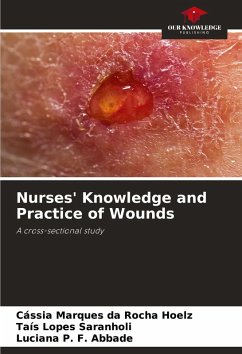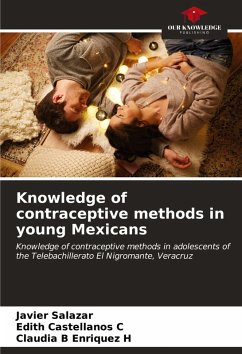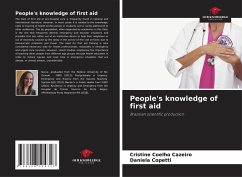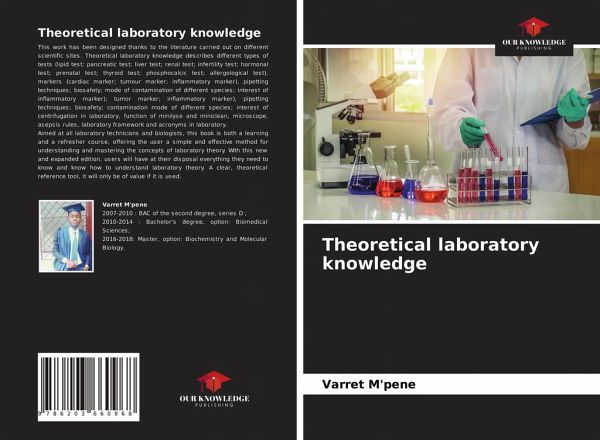
Theoretical laboratory knowledge
Versandkostenfrei!
Versandfertig in 1-2 Wochen
26,99 €
inkl. MwSt.

PAYBACK Punkte
13 °P sammeln!
This work has been designed thanks to the literature carried out on different scientific sites. Theoretical laboratory knowledge describes different types of tests (lipid test; pancreatic test; liver test; renal test; infertility test; hormonal test; prenatal test; thyroid test; phosphocalcic test; allergological test), markers (cardiac marker; tumour marker; inflammatory marker), pipetting techniques; biosafety; mode of contamination of different species; interest of inflammatory marker); tumor marker; inflammatory marker), pipetting techniques; biosafety; contamination mode of different spec...
This work has been designed thanks to the literature carried out on different scientific sites. Theoretical laboratory knowledge describes different types of tests (lipid test; pancreatic test; liver test; renal test; infertility test; hormonal test; prenatal test; thyroid test; phosphocalcic test; allergological test), markers (cardiac marker; tumour marker; inflammatory marker), pipetting techniques; biosafety; mode of contamination of different species; interest of inflammatory marker); tumor marker; inflammatory marker), pipetting techniques; biosafety; contamination mode of different species; interest of centrifugation in laboratory, function of minilyse and miniclean, microscope, asepsis rules, laboratory framework and acronyms in laboratory.Aimed at all laboratory technicians and biologists, this book is both a learning and a refresher course, offering the user a simple and effective method for understanding and mastering the concepts of laboratory theory. With this new and expanded edition, users will have at their disposal everything they need to know and know how to understand laboratory theory. A clear, theoretical reference tool, it will only be of value if it is used.





